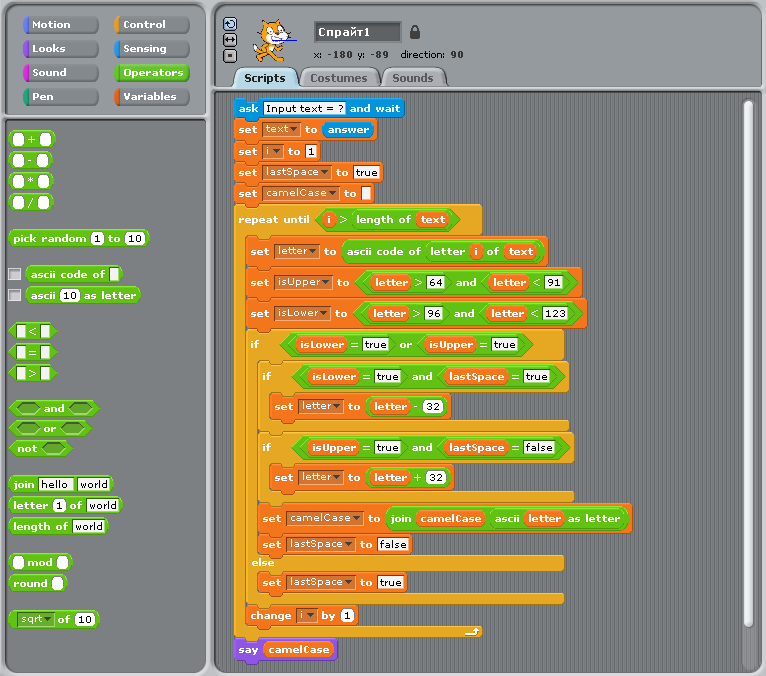Leaders in computer science education interviewed for the story described the lack of opportunity for all students, but in particular girls and African-American and Latino students, to study this field. They describe some efforts such as the Hour of Code and the efforts of start-up companies to fill this curriculum gap. They also describe principals whose ignorance is alarming.
To me the most important point made in the story was the disappointment among many business leaders that the Common Core State Standards lack any focus on computer science. While I am not a fan of industry-driven curriculum (in fact taking curriculum direction from business is a sure way to create schools no one finds satisfactory), I do see an opportunity to leverage this criticism of CCSS to support valuable experiences for students.
First, as I come to understand the CCSS I see many many flaws. The cognitive load of making sense of them is too great. I have yet to see the rationale behind their construct of career and college readiness; I have yet to see studies validating their instruments. For those reasons, I believe the CCSS will damage schooling. If the lack of computer science curriculum can slow the implementation of this flawed system, then educators should take the opportunity.
Second, there are many existing computer science tools available-- for free! Scratch is my favorite, and any teacher (or student or parent or club leader) can create an account, follow the many user-created tutorials (the best ones are created by kids!) and start programming with elementary students. Free and immediately-available are very appealing aspects of teaching materials in every community.
Third, the pilot projects we can begin with tools such as Scratch are open-ended. There is a very low threshold for beginning and there is no ceiling limiting students' creations.
Students with experience creating and collaborating with Scratch ( or other non-limiting tools) will be truly college and career ready regardless of their test scores.

No comments:
Post a Comment